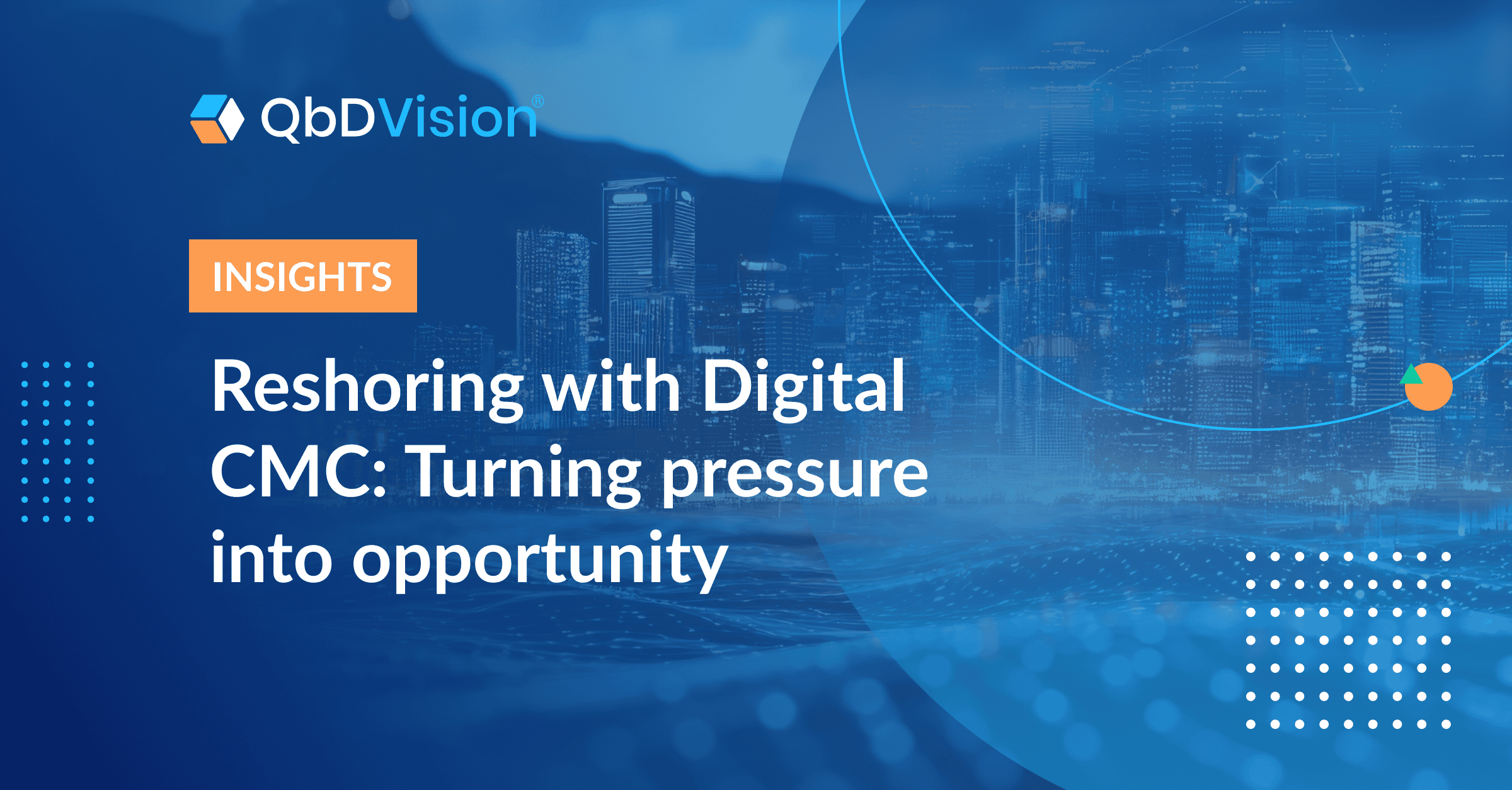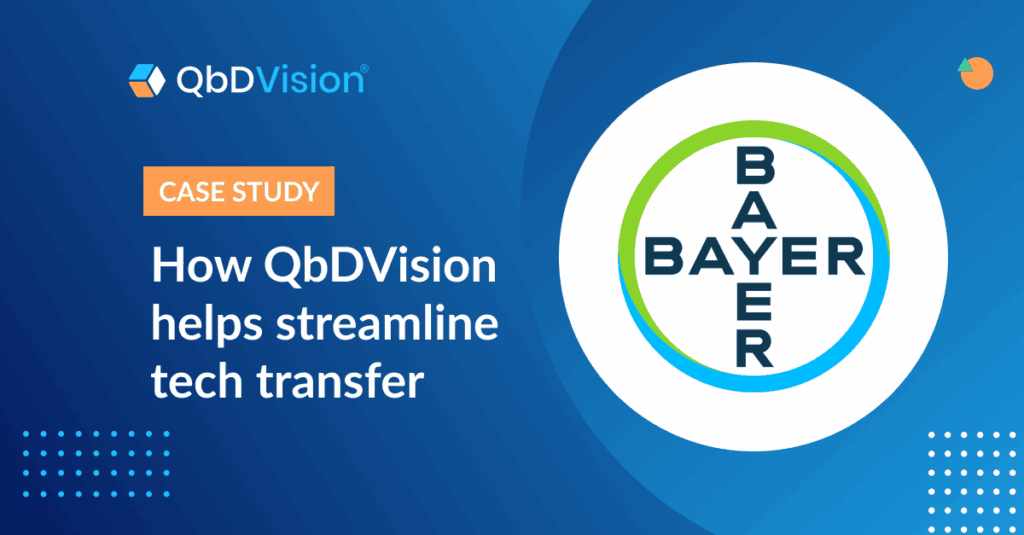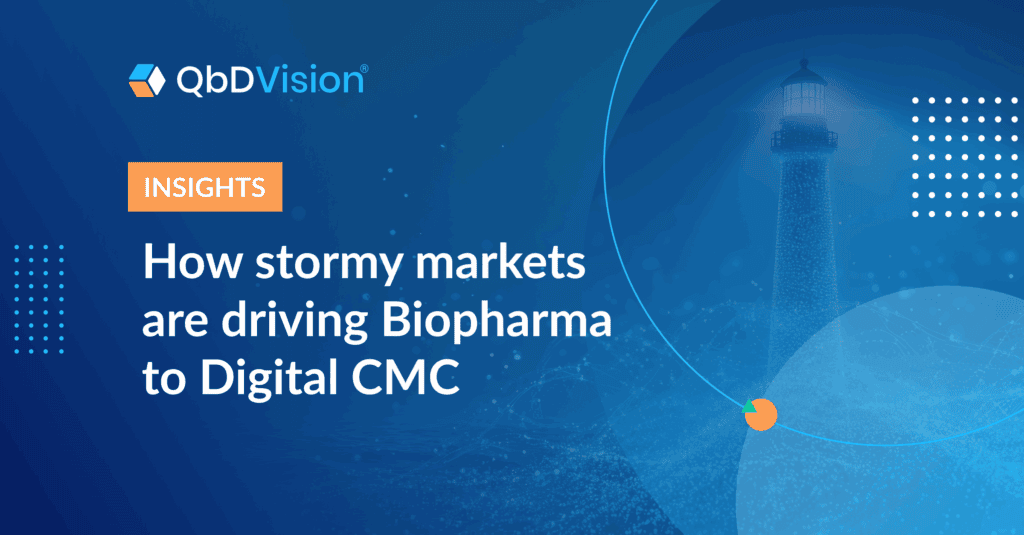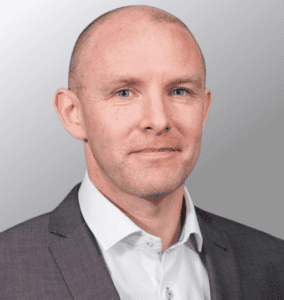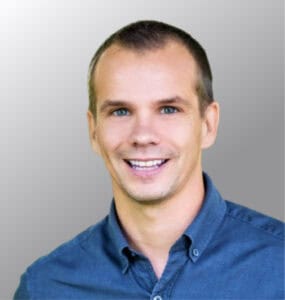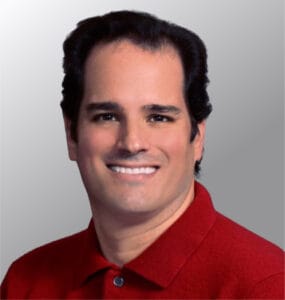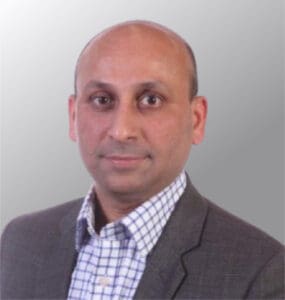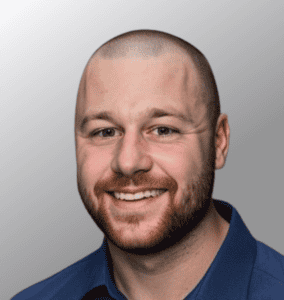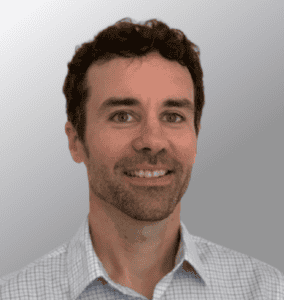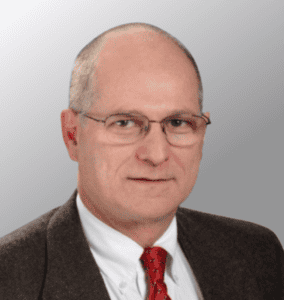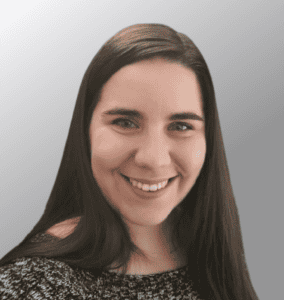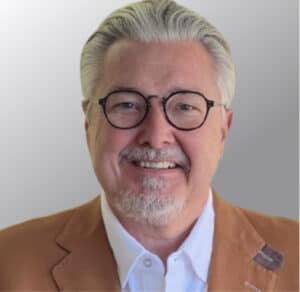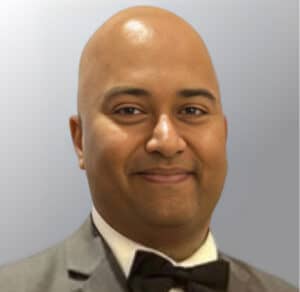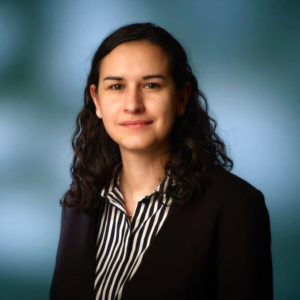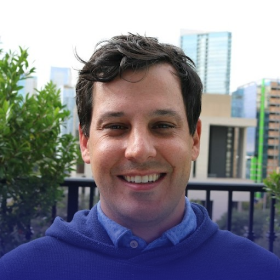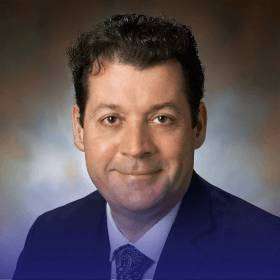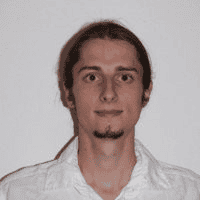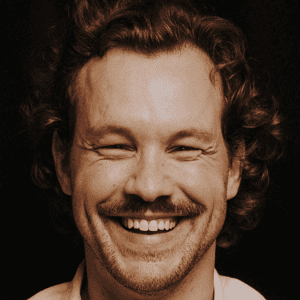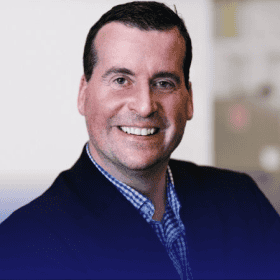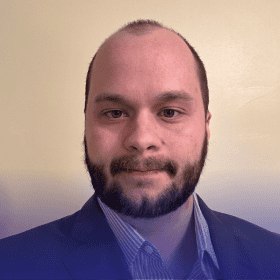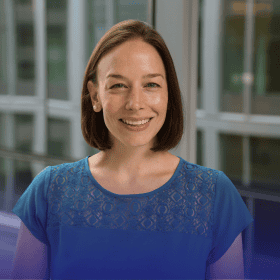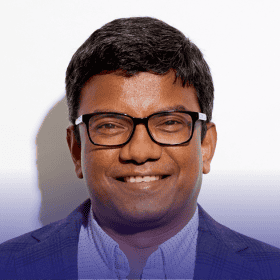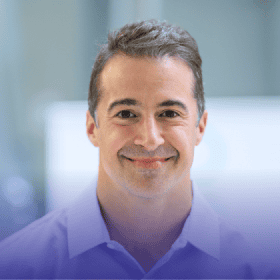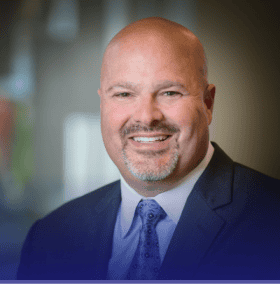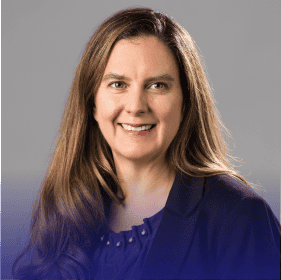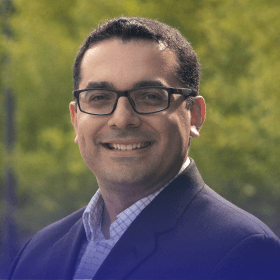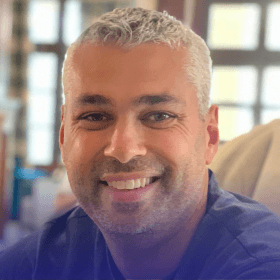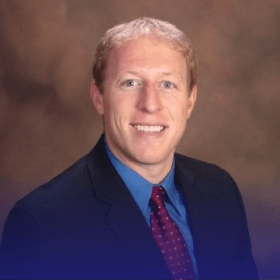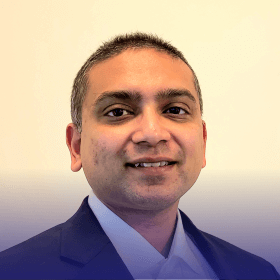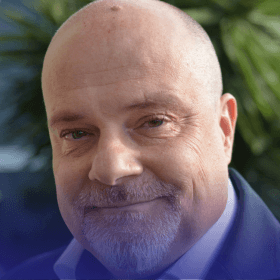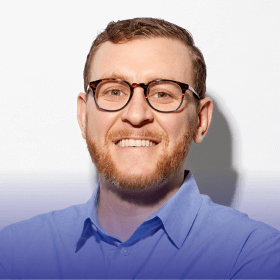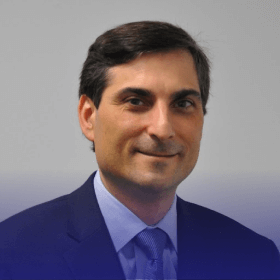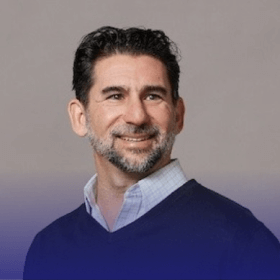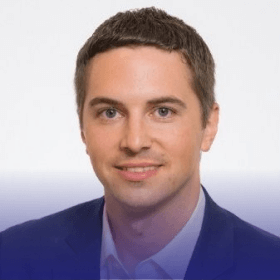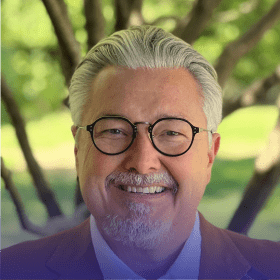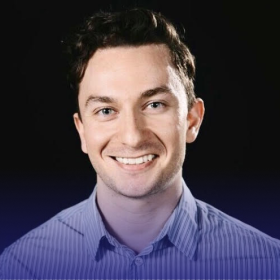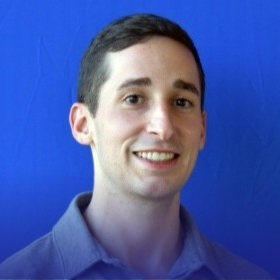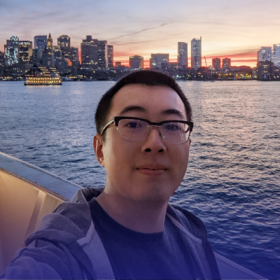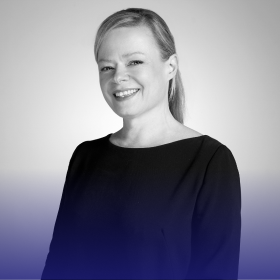TLDR:
- Geopolitical turmoil, new policy mandates, and tariff pressures are forcing drug developers to face an urgent new challenge: reshoring entire manufacturing programs from around the world.
- For CMC teams, relocating processes, equipment, and teams is only the beginning: They also need to consolidate, package, and rebuild entire knowledge ecosystems, often across entire regional networks.
- Conventional tech transfer methods that are already struggling to keep up with the industry’s needs are about to be overwhelmed by this unprecedented wave of relocation demands.
- Digital CMC platforms like QbDVision are already proving essential to this effort, providing the structured knowledge foundation needed to carry out fast, efficient, de-risked transfers at scale.
- Forward-thinking organizations may even claim a win from this new crisis, as many discover that reshoring, rethinking, and redeploying their CMC knowledge can be the perfect opportunity to unlock powerful new AI use cases.
It has been… an interesting few months for the biopharma supply chain
It’s Q4 now, so you can bet 2025 will get lots of one-star reviews from the biopharma manufacturing sector.
Where to even start on “why”? Luckily, we recently checked off several of the major dynamics that are driving this upheaval—but as a crazy 1H turns into a potentially wild 2H, one of those disruptive trends deserves a closer look. In just the last few months, reshoring has gone from a theoretical consideration to an increasingly urgent planning priority. And in the process, it’s upped the ante on every single one of the industry’s toe-in-the-water CMC transformation strategies.
Rollercoaster, revolution, eruption, whirlwind—pick your analogy. We’re going with “earthquake,” and not just because that’s how it feels every time another Executive Order jolts a generation of industry supply chains. But also because the reshoring drive shaking up supply networks is about to hit drug developers with something else: a tidal wave of tech transfers.
Let’s have a look at what that means for CMC programs, what they need to do to prepare, and how they can turn this crisis into a golden opportunity to achieve AI readiness
2020: Unprecedented disruption. 2025: “Hold my beer.”
Geopolitical turmoil, on-again-off-again tariffs, major new regulatory mandates, “most favored nation” policies… are you tired? We’re tired.
As all these disruptions pile up, they mean just one thing for biopharma manufacturers: the pressure is on to bring biomanufacturing back home. Several big strategics are leading the charge, with names like Pfizer, Eli Lilly, Roche, and AstraZeneca already betting $160 billion on a “reshoring revolution”—and that’s just in the US.
It’s not just political pressure driving their decision-making, either: For drug developers, on- or near-shoring manufacturing can have major upsides. Domestic production dodges tariffs. Shortened supply chains can be less vulnerable to shocks. Lots of efficiencies can come from developing, manufacturing, and marketing products within the same regulatory framework.
But for CMC leaders, all these maneuvers are likely adding up to a single, sleep-depriving thought.
“There’s no way the tech transfer processes could get even more challenging…right? Right???”
The answer from 2025: Sure it can. Transfer every single product, process, and knowledge base in your entire organization. Between different countries, supply networks, and regulatory frameworks. In parallel. All at once.
Go ahead, there’s a chair right over there.
Commercial reshoring was the earthquake. The generation of tech transfers will be the tsunami
Under normal circumstances — AKA, not today — most conventional tech transfer processes already left project teams struggling to stay afloat. They drowned CMC programs in floods of chaotically versioned documents, time-sucking cross-functional meetings, data-hunting expeditions, and risk analyses that required nightmarish amounts of cross-tabulation. But they worked… eventually.
Well, that, as we so often find ourselves saying these days, was then. Now, the tide is suddenly racing away from shore, and the tech transfer water—which most CMC programs just barely kept themselves above—is about to get a lot deeper, very fast.
Those 24-30 months of painstaking consolidation, discussion, and harmonization, all managed via emails, binders, thumb drives, and conference calls? With geopolitical pressure stacking up at today’s speed, drug developers have nowhere near that kind of time—much less the budget or resources. Yesterday’s model, already creaking, outdated, and close to collapse, is about to be completely washed away.
So where does that leave CMC programs? Destined to be swamped when the reshoring wave comes crashing into their home shores?
That, in fact, is where there’s some good news. Because this blitz isn’t just about moving processes, equipment, and regulatory dossiers en masse—it’s about gathering, organizing, and rehoming vast amounts of CMC knowledge. While that may feel like a massive undertaking, it’s something else entirely: The perfect chance to prepare for the future of drug development.
Now’s the time to think differently about tech transfers
To see the new opportunities this crisis could bring, start by looking closer at what tech transfers really involve—not just logistically, but also informationally.
It’s easy to think they’re just about relocation: moving equipment, people, processes, records, and documents from Point A to Point B, then requalifying and revalidating it all. That, of course, is far from nothing. But in fact, tech transfers are something even more complex than that. They’re about reconstituting an entire knowledge ecosystem in a new environment.
Today, for most drug developers and manufacturers, that ecosystem likely exists in the form of files, analyses, histories, and methods—to say nothing of the correspondence about those resources—that are spread across many different sites, teams, and brains. It may be locally well-organized, in one group’s OneDrive or another’s logbooks. But at program scale, the real challenge is clear, and it’s not “just” moving that knowledge. It’s assembling, integrating, and synthesizing it into something movable.
It sounds like a daunting challenge—and anyone who’s transferred a live, fully validated manufacturing process can tell you that it is—but it’s also where the magic can happen. Because in each of those steps, there’s a chance to not only consolidate knowledge, but also transform it into a true, unified knowledge base. To not only gather it, organize it, and transport it, but also structure it, link it, contextualize it, and make it the foundation of something even bigger than a relocated CMC program.
So how can your program capture that opportunity? Oh, and do so at the scale of today’s reshoring wave?
Glad you asked.
Reshoring with Digital CMC: Solving today’s challenges with tomorrow in mind
To crest this wave successfully, drug developers need a tech transfer model that’s efficient, swift, intelligent, but above all, scalable — the kind of process that can be performed many times in parallel, while still protecting the integrity, precision, and regulatory readiness of every transferred program.
And that’s exactly what today’s Digital CMC platforms make possible. Already the gold standard for unifying CMC knowledge across geographies, these solutions have quickly become essential to the new version of that challenge: moving that knowledge between geographies as swiftly and comprehensively as possible, en masse.
QbDVision is an especially powerful tool for that. Collaborating in our product, project teams can turn time-consuming meetings and page-by-page document reviews into instant side-by-side evaluation of materials, parameters, risks, and more, quickly surfacing only the changes that are important—simply click, compare, confirm, and move on. By banishing PDFs, “loose” data sets, fragmented knowledge silos, and implicit knowledge traps, some of these teams have actually stripped tech transfer timelines down to mere weeks.
That’s exactly the kind of bandwidth-liberating solution drug developers need to execute high-speed, low-risk tech transfers at scale. But for the industry’s forward-thinkers, that’s just the start of what Digital CMC can unlock. In the most innovative CMC programs, specialized knowledge management tools are already paving the way for a whole new generation of solutions.
That’s right: Using a structured framework to unify CMC knowledge doesn’t “just” make that knowledge more transferable (though it absolutely does). It also delivers that data to every receiving site in an even more powerful, value-magnifying format—the kind that can fuel AI.
The forcing function: For CMC, could reshoring be what really revs up AI?
You’ve heard it here before: structured knowledge is CMC’s gateway to AI applications. For organizations staring down the reshoring surge, that means structuring CMC knowledge can kickstart something even more important—an AI-powered value flywheel.
Here’s how it works:
- Structure program CMC data for easy portability, using a platform like QbDVision
- Create an AI-enabling foundation of curated CMC data that can power intelligent new tools
- Deploy those tools to CMC workflows, enhancing, expediting, and de-risking critical steps
- Accelerate your next tech transfer even more, using AI to swiftly fit new data to defined frameworks
- Strengthen your knowledge foundation with even more structured CMC knowledge
And just like that, meeting the moment becomes an opportunity to transform an entire program!
For organizations that rev up that flywheel, reshoring’s silver lining might not stop at lower taxes, shorter supply lines, and tighter regulatory alignment. It might just unlock a desperately-needed new level of operational performance, powered by extraordinary new levels of insight and intelligence. Imagine just a few of the other things that could become possible with AI tools powered with high-quality, well-structured CMC knowledge:
- Predictive deviation modeling: Instead of reacting to site-specific failures, organizations can anticipate them — and potentially even deploy mitigation before they happen.
- Smarter control strategy development: AI can propose alternate control strategies based on historical trends, process variability, and site-specific capabilities.
- Real-time root cause analysis: When something does go wrong, the investigation starts with structured context — not an email chain or an old binder.
- Cross-site resource optimization: By modeling multiple site scenarios, organizations can deploy assets more intelligently and reduce redundancy.
- Superpowered material and supplier risk analysis: Change key variables in your processes, and you’ll see exactly how, when, and why the changes will impact your CQAs and CPPs.
These are not one-off wins. They are system-wide advantages that begin — and only begin — when the knowledge base is built right. As challenging as the reshoring rush may be, it’s the perfect time to put that foundation in place. Build that infrastructure now, and your CMC program won’t just keep itself on higher ground: it will anchor your organization for what comes next.
Your mission now: Don’t let this crisis go to waste
While many different forces are driving biomanufacturing back home, they’re all reinforcing the same familiar message: invest in data integration and digital tools now, before the tech transfer tidal wave arrives. Geopolitics won’t wait for the industry to be ready.
No doubt, it’s a critical inflection point—but it might be the one that finally takes CMC programs from inertial legacy methods to a modern, knowledge-centric, AI-enabling knowledge ecosystem. It’s forcing organizations to ask hard questions about how their systems are organized—or not—and giving them a window to rebuild the right way.
With a Digital CMC approach, that new foundation can be everything the industry needs in its next era: Resilient, agile, efficient, and AI-powered. The pressure is rising, and time is short. But the upside? That’s potentially transformative.
GET IN TOUCH
Ready to do more than prepare for a reshoring wave?
Reach out any time to learn how QbDVision can help you turn operational disruption into a can’t-miss opportunity to unlock the power of AI.
